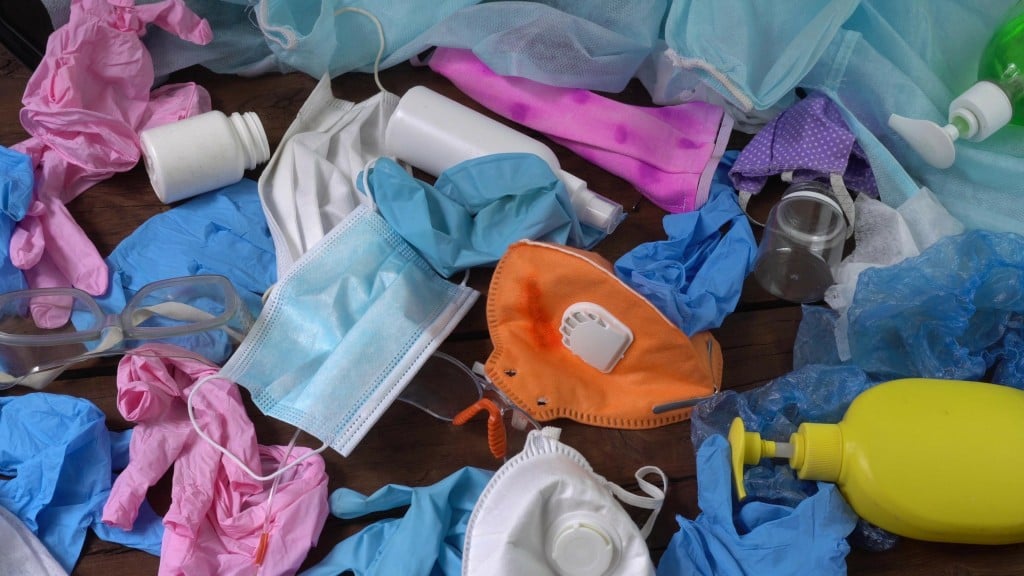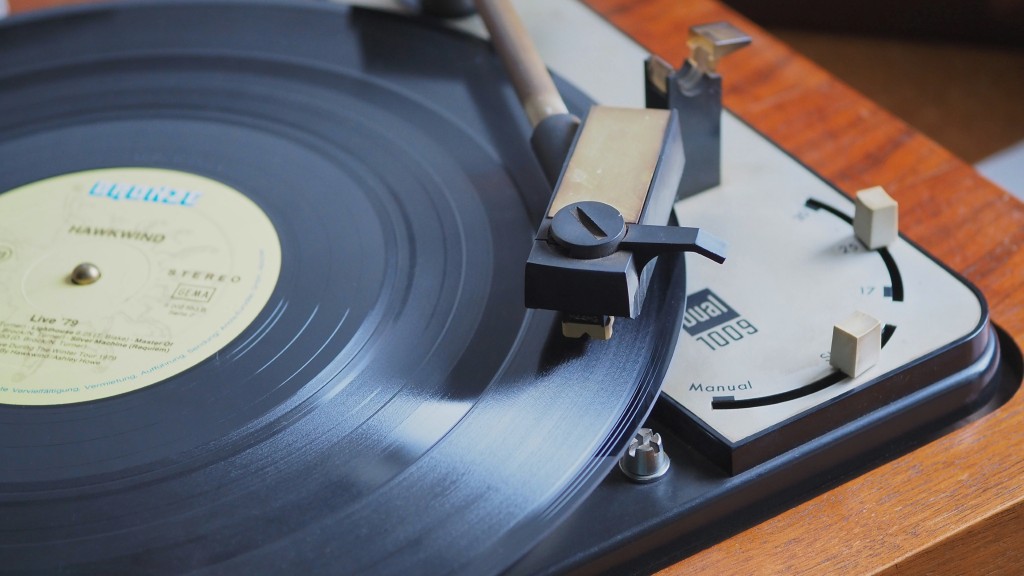
Single-use healthcare items – everything from gloves and blood bags to surgical equipment – have become a growing environmental problem worldwide. Their use has increased sharply in recent years, and there are currently no methods for recycling such plastic medical waste. Researchers at Chalmers University of Technology, in Sweden, have shown how mixed waste from healthcare can be recycled safely and efficiently using a technique where the material is heated and converted into chemical building blocks, which can then be used in the production of new plastic.
Disposable healthcare items create enormous amounts of waste. In the best-case scenario, this waste is incinerated, but in many countries it ends up in landfills. It can also be released into the environment. The COVID-19 pandemic has contributed to an avalanche-like increase in disposable items being used. Worldwide, the amount of daily face masks used alone was estimated to weigh around 2,641 tonnes in 2022.
In circular economy policies, medical waste is often overlooked. Disposable healthcare items usually consist of several types of plastic that cannot be recycled with today's technology. In addition, the items must be considered contaminated after use, and so, they must be handled so that risks of spreading potential infections are avoided. When it comes to the production of single-use healthcare items, it is also not possible to use recycled plastic, since the requirements for purity and quality are so high for materials intended for medical use.
These problems can all be solved with the new method developed by Chalmers researchers. The technology is called ‘thermochemical recycling' and is based on a process called ‘steam cracking'. It breaks down the waste by mixing it with sand at temperatures up to 800 degrees Celsius. The plastic molecules are then broken apart and converted into a gas, which contains building blocks for new plastic.
"It can be compared to a thermal sledgehammer that smashes the molecules, and at the same time destroys bacteria and other microorganisms", says Martin Seemann, associate professor at Chalmers' Division of Energy Technology. "What is left are different types of carbon and hydrocarbon compounds. These can then be separated and used in the petrochemical industry, to replace fossil materials that are currently used in production."
The potential for saving valuable chemicals
To test the technology in real life, the researchers have carried out two different projects at a test facility at Chalmers Power Central. In the first project, a few different product types, such as face masks and plastic gloves, have gone through the process. In the second, a mixture was created that represents the average composition of hospital waste from the region's hospitals. The mixture contained about ten different plastic materials as well as cellulose.
The results have been consistently positive in both projects. One of the projects was led by Judith González-Arias, now at the University of Seville in Spain.
"What makes this technology so exciting is its ability to handle the environmental challenges that we associate with medical disposables. Thermochemical recycling not only addresses the problem that medical waste is not recycled today, but also facilitates the recovery of valuable carbon atoms. This is fully in line with the principles of the circular economy and provides a sustainable solution to the urgent issue of medical waste management," says Judith González-Arias.
An option for products with strict requirements
Many manufacturers of healthcare materials are interested in creating a circular model where the products can be recycled and reused over again in a closed loop. However, materials that are to be used in sterile articles in healthcare have strict requirements for purity and quality, which are nearly impossible to meet with sorting and mechanical recycling of plastic. Thermochemical recycling could make that a possibility.
"It's really the only option for this kind of waste to go really circular," says Martin Seemann. "It is so elegant that once the material has been broken down to the molecular level, the chemical industry can turn it back into virgin material."
The two projects build on previous Chalmers research, which has shown how mixed plastic waste can be converted into raw material for new plastic products of the highest possible quality.
Challenges thermochemical recycling faces
To scale up the method, new material flows and functioning business models need to be established, in collaboration between the healthcare and recycling sectors. Laws and regulations at different levels may also need to be changed for thermochemical recycling to be widely implemented in society.
"Certain political decisions would increase the value of plastic waste as a raw material for industry, and increase the chances of creating functioning circular business models around this type of recycling. For example, a requirement for carbon dioxide capture, when incinerating plastic, would create incentives to instead invest in more energy-efficient alternative technologies such as ours," says Martin Seemann.
Many countries have the technical prerequisites for recycling medical waste and other mixed plastic waste through steam cracking. However, regulations and structural conditions vary, which determines how actors in waste management, the chemical industry and product manufacturing would need to work together to create functioning value chains in different places in the world.


